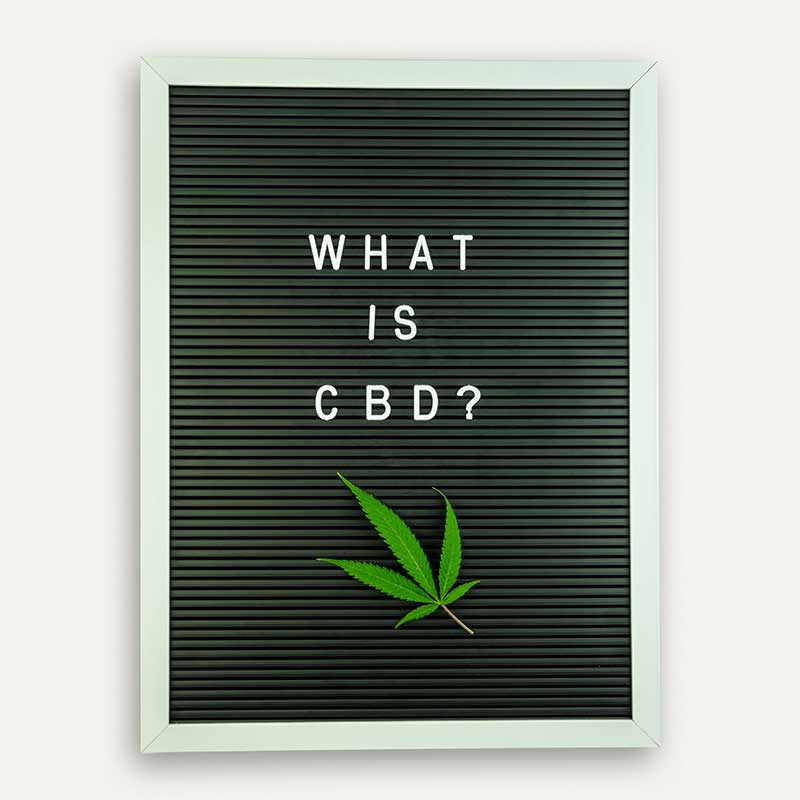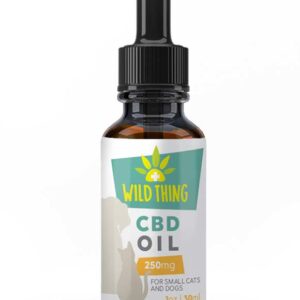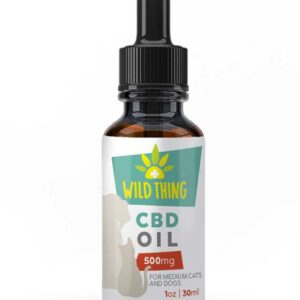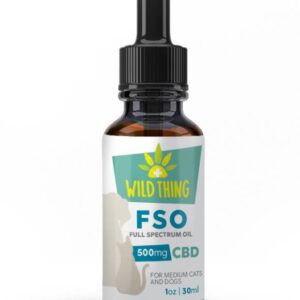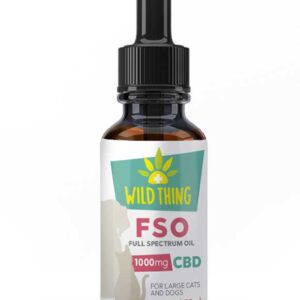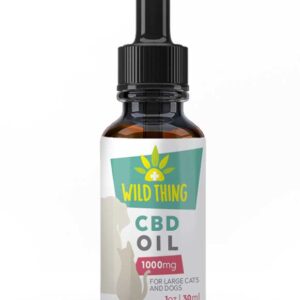We live in an interesting time when it comes to holistic medicine for humans and pets. Cannabidiol (CBD) has exploded into popularity over the past couple years and, even more recently, it has strutted its way into the pet health world. While CBD is a completely natural substance that’s extracted from the Hemp plant, it is still qualified as a medication. With all types of medications, you should be aware of how well it pairs with other meds that your pet may be taking. Our pets are members of our families. We are all pet owners and pet lovers and it’s our mission to make sure that YOUR pets live as long and as healthy of a life as they can. We know they’re important to you, because they’re important to us too. In this article, we will explore the misconceptions behind CBD, how it interacts with your pet’s body and if CBD oil for dogs can be used with other medications.
CBD Misconceptions
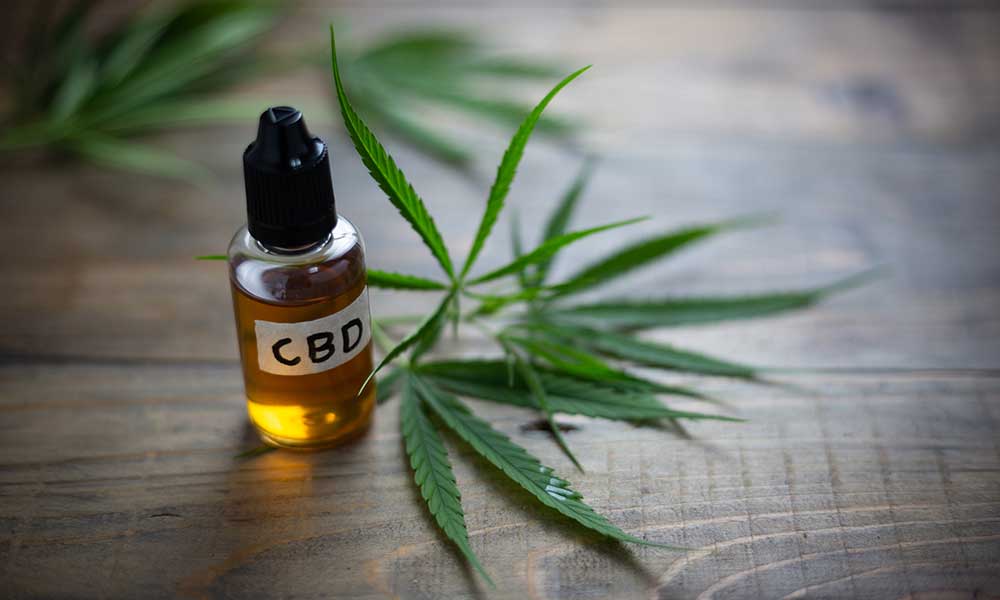
When CBD was first introduced to the public, it was met with tons of push-back. The general public didn’t fully understand what it was. Which is fair. Up to this point, we had only heard about Cannabis and Marijuana. Both of which were ‘trigger’ words and made most people think of Tetrahydrocannabinol (THC), the main psychoactive constituent of cannabis. A misconception that has since been proven incorrect with CBD as CBD derived from hemp contains a maximum of 0.3% THC. Far less than even the weakest strain of THC rich marijuana. At levels that low, humans and pets will not have any of the psychoactive properties attributed to getting ‘high’. It simply extracts the positive aspects of the plant that are used by millions for an array of ailments and pain-relief. Thanks to a plethora of studies and the Agriculture Improvement Act of 2018 (The Farm Bill), CBD is now a regulated and legal product across the United States. A huge win for anyone, and any pet, who has experienced the healing properties of the extract.
How is CBD Metabolized in Your Pet’s Liver?

Like human bodies, dogs and cats have “Cannabinoid Receptors” that are connected to the endocannabinoid system, which are responsible for their appetite, mood, memory and pain receptors. Another similarity between humans and our pets is that we have two of these receptors that are referred to as CB1 and CB2. In pets, CB1 receptors are present in the brain and central nervous system while the CB2 receptor is more present in your pet’s immune system cells and peripheral organs. That’s why CBD Oil for cats and dogs with nausea is a viable replacement for more intense pharmaceutical drugs.
To fully understand how CBD will interact with other medications and supplements, you must understand how CBD is absorbed into the body. When we take CBD, it passes through our intestines and bloodstream, then continues to the liver. Once at the liver, it interacts with a group of enzymes called “cytochrome P450”. From there, the liver does its thing and then releases the newly processed substances to kidneys. Your pet’s digestive track, and almost all mammals for that matter, digest and metabolize chemicals the same way.
It’s CBD’s interaction with the liver that is very similar to how over-the-counter medications and supplements are broken down. When pain medication is taken, it goes through the same processes. The medication is ingested, be it orally or directly into their system, and then is passed through the intestines to the liver. Then, it’s oxidized enough to pass to the kidneys and eventually out of our bodies. It’s at this organ (the liver) that science has found how CBD can interact with other medications.
About 60% of the medications and supplements on the market today pass through the liver at some point and interact with those P450 enzymes we mentioned earlier. The danger of taking CBD at the same time as one of those drugs is that the CBD oil and drug interactions will cause them to stay in the system longer. The issue is that the enzyme cytochrome P450 is used to break down those medications so that your body can absorb and excrete them, but CBD inhibits that enzyme from working while it’s in your system. The results, at a normal dose, don’t run (much of) a risk to your health and will only prolong the effects of the medication until your body can properly metabolize them.
CBD Oil and Other Medications
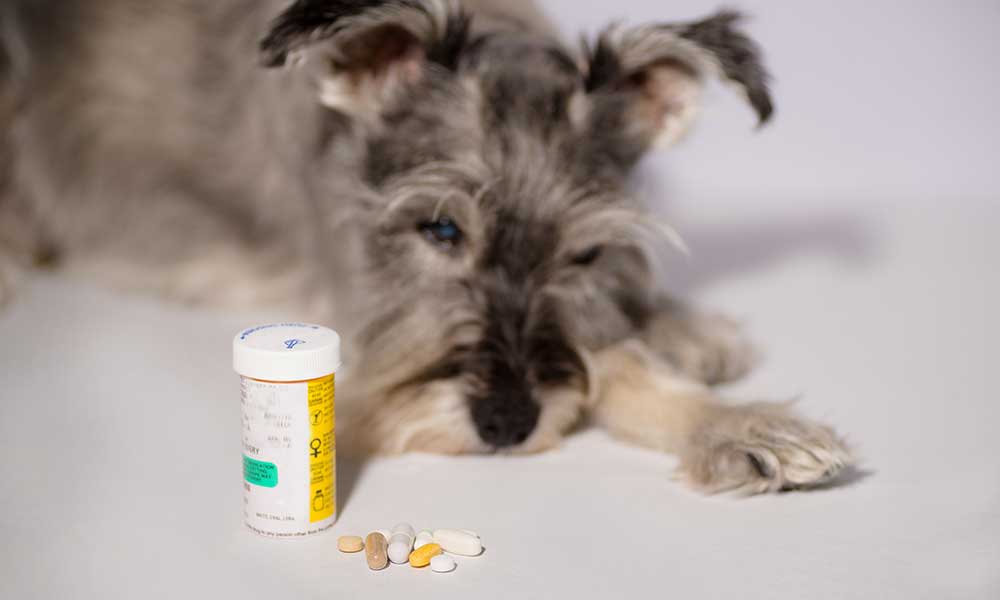
The main question persists: what medications interact with CBD oil? Well, we’ve talked a lot about how medications and CBD can interact with the liver and be metabolized into your dog’s body, but you need to be aware of which drugs to avoid while you’re making the switch to CBD oil for pets. The medications and supplements your pet should avoid while taking CBD are:
- Some antibiotics
- NSAIDs
- Antihistamines (like allergy medications)
- Benzodiazepines (like anxiolytics and anticonvulsants)
- Steroids (like Prednisone and Fludrocortisone)
- Fentanyl
- Anesthetics
These chemical-based drugs already run a risk of hurting your pet’s internal organs if not taken correctly, so you are going to want to ensure you aren’t doing anything to further hurt them. Your vet should give you ample direction on the proper way to have your pet ingest these medications, but info is always available online and on the bottles. Aside form antibiotics, most of these over-the-counter-drugs are prescribed to soothe ailments that CBD has a track record of already helping with.
How CBD Can Replace Some Medications

It seems that everywhere you look while doing research for CBD and CBD products, you’ll see a common thread no matter where your investigation leads you: CBD helps with an abundance of ailments. CBD itself isn’t harmful to the body and, from the research we looked at above, it’s not the harmful factor between CBD oil and drug interactions. CBD just makes the already harmful drugs, potentially, more harmful to your pet’s body. By taking up the P450 enzyme to metabolize itself, it cancels the process for the other medications and supplements in your pet’s body. But most of these pharmaceutical medications, in some cases, can be replaced by CBD. It goes without saying, but we’ll say it anyway, that you should always consult your veterinarian about your pet’s medications and if CBD is a viable replacement. CBD oil can be used to replace medications used for:
- Anxiety
- Insomnia
- Irritable Bowel/Diarrhea
- Pain & Inflammation
- Symptoms of Cancer
The array of CBD oil is rather impressive when you look at how many pets have been helped by such a simple product. The holistic approach is rising in popularity and it makes sense why, because people are seeing results. Between studies and reports from pet owners, it’s understandable why so many people are choosing CBD products for their pets over more traditional medications.
Conclusion

When it comes to the health and happiness of your pet, you want to be aware of every aspect of their lives. It goes without saying that if your pet is showing serious signs of pain, illness or something else, you should take them to your vet so they can be properly diagnosed. We know that your vet wants what is best for your pet as well, but we just want to inform you of as much as possible to ensure the best quality of life for your pooch or kitty. Education is key whenever it comes to medicating an animal. Even though CBD oil is a holistic and all-natural product, understanding how CBD oil can interact with other drugs or medications is something every potential CBD user should be aware of.
CBD, just like any other medication, should be taken by its recommended dose. Whether you’re using over the counter medications or CBD, you should ALWAYS listen to the dosage listed on the packaging. While giving your pet too much CBD is difficult, studies have shown that administering too much can cause lethargy and problems with the liver. Pairing that with too much chemical-based medication from the veterinarian and you could seriously harm your pet.
The research shows that CBD itself isn’t harmful to your pets, but it does use the same digestive tract as other medications and supplements. By using both CBD and medications or supplements at the same time, you could run the risk of your pet not metabolizing their chemical-based medications as efficiently and it leading to further issues. Education is key. Know what you’re administering to your pet. Understand the medications that you’re giving your pet and monitor how they are reacting. A vet visit is just a call away and catching a bad reaction or illness sooner is the best outcome for everyone.
Frequently Asked Questions (FAQ)
Can CBD oil for dogs be used with other medications?
Yes, but be wary of the dose and what medication exactly. 60% of medications on the market today are oxidized through the liver and when CBD is being filtered, the liver will prioritize it over other medications.
What Drugs Should NOT Be Taken With CBD?
Some antibiotics, NSAIDs, Antihistamines (like allergy medications), Benzodiazepines (like anxiolytics and anticonvulsants), Steroids (like Prednisone and Fludrocortisone), Fentanyl and Anesthetics.
Does CBD Interact With Medications?
CBD itself doesn’t interact with a medication per-say, but it does stop the cytochrome P450 enzyme from metabolizing medication, making their properties last longer.
Want to Learn More?
Download our AILMENT GUIDE NOW.
PLUS! all FIRST TIME buyers get 50% off their additional order. Visit verlota.com to get your discount code.

